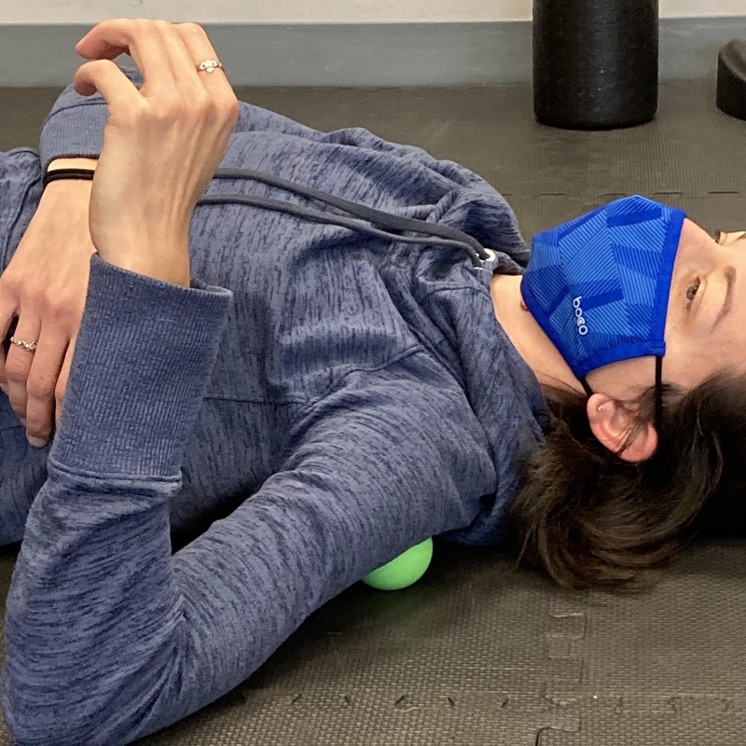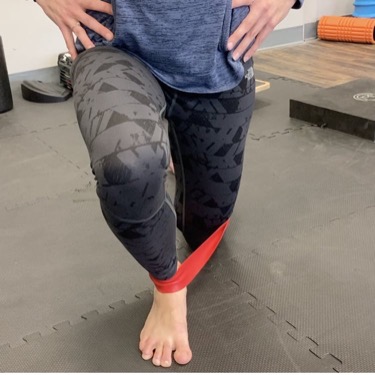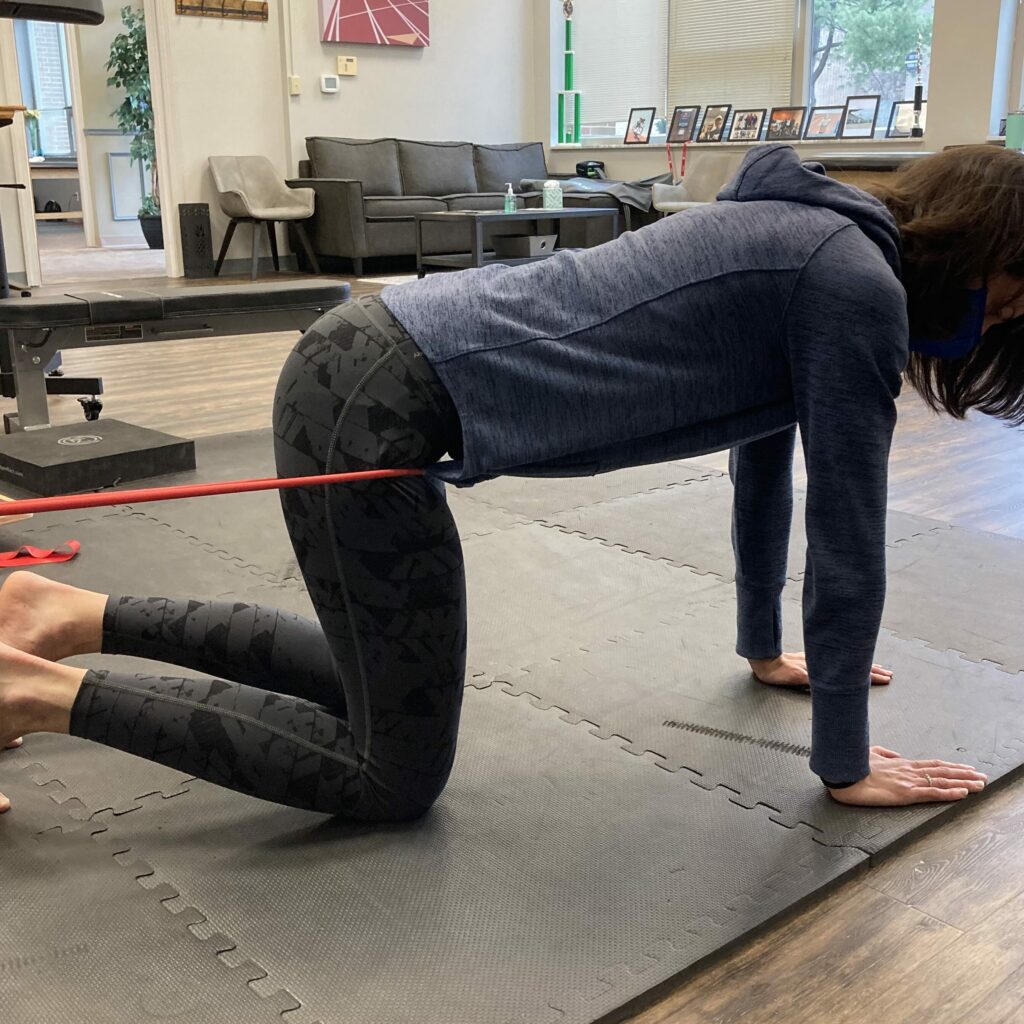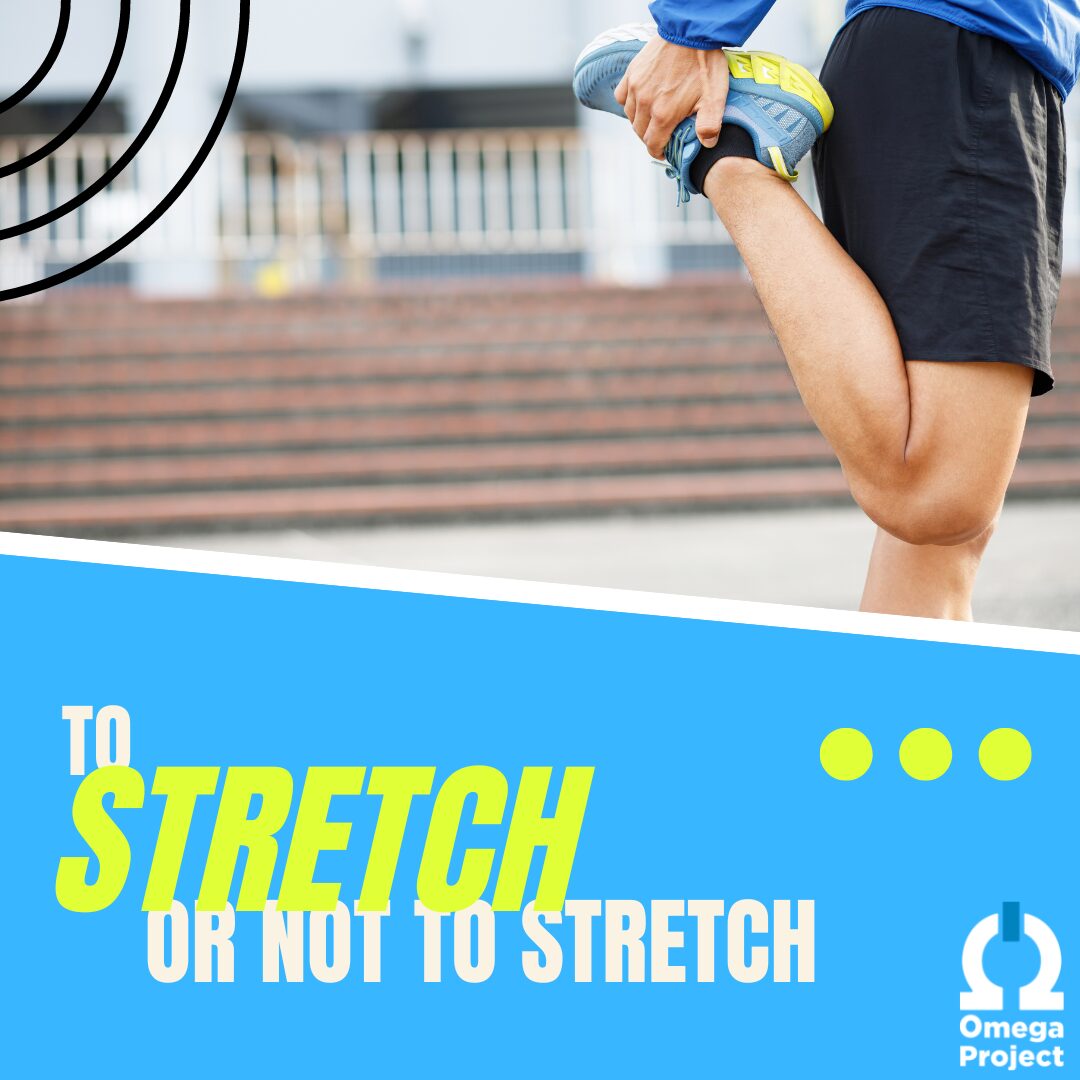Muscular tightness is a common complaint after injury. Often, when a muscle feels “tight,” the first thing people attempt to do to relieve that tightness is to stretch.
Here we talk about a few things you need to be aware of before stretching the heck out of those “tight” muscles! This will help you discover how you can appropriately improve your mobility, IF you even need to.
YOUR “TIGHT” MUSCLE MIGHT NOT BE TIGHT
A tight muscle is often not a short muscle that needs to be stretched. Most of the time it is feeling tight because of increased tone (resting muscle tension) or trigger points. The muscle holds onto increased tension or trigger points when it is protecting you from something. The muscle itself might be injured or it is protecting another muscle or nearby joint.
This protective mechanism makes it feel tight but, as you can imagine, stretching it won’t help. In fact, it might even make it worse. In these cases, it’s often another area that needs to be treated (soft tissue mobility with foam roller, joint mobilization, and/or stability/strength exercises). As you can see, it can get complicated! It’s important to know why your muscle feels tight. A thorough movement screen by a trained professional can help you move ahead quickly in your injury rehab progression by making sure you’re targeting the right thing.

Improving Shoulder Mobility with Self-Soft Tissue Mobilization of the Rotator Cuff
DON’T FORGET ABOUT THE JOINT
When we do find limited mobility in an area of your body, it is not always from a muscle. For example, you might stretch and stretch your calf muscle but not gain any motion in your ankle. This could be because your ankle joint is stiff. Your joints are surrounded by a capsule, similar to wrapping something really tight in saran wrap. If the capsule is too tight, the joint won’t move well. You’ll either need a professional to help loosen up the capsule or some very specific mobility exercises, similar to some of the one pictured below.

Improving Ankle Dorsiflexion Mobility with Self-Joint Mobilization

Improving Hip Mobility for Improved Running Mechanics
LIMITED MOBILITY IS NOT FROM A TIGHT TENDON
If you have tendon pain, it is not because your tendon is tight. Stretching will not help and can actually make things worse. The tendons are often feeling the effects of overwork due to limited muscle function (either the one attached directly to the tendon or a muscle related to the tendon), faulty biomechanics, or just doing too much, too fast, too soon. These lead to chronic strain on the tendon and resultant injury. Once again, you need to know if and where you need to work on your mobility to get better as quick as possible (and to avoid making things worse!).
WHEN SHOULD I STRETCH?
There are times when stretching can be helpful, such as with certain post-operative procedures where it is vital to get range of motion back (though you are often stretching the joint capsule rather than focusing on stretching the muscle), or after activity as part of a cool-down. For some, stretching feels good and is part of a daily routine/regimen to keep their bodies feeling mobile. In these instances, stretching may be appropriate and helpful.
However, if you notice that you continue to stretch and stretch without any improvement in your pain or mobility, it may be time to look at what other deficits need to be addressed.
WHAT ABOUT DYNAMIC STRETCHING:
Dynamic Stretching can be indicated BEFORE activity, such as running or other sports, to prepare the muscle and the body for the movement that it is about to begin. It can be an integral part of a warm-up, along with foam rolling and muscle activation work. See link below for our favorite dynamic warm-up for runners.

